SCIENCE
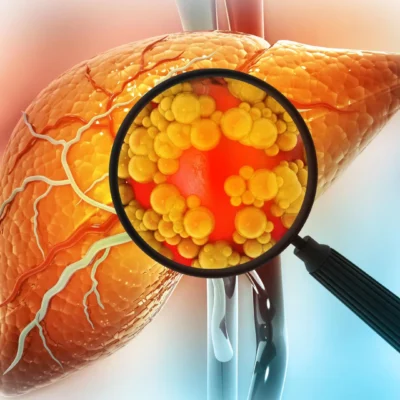
Surprising study reveals what really kills fatty liver disease patients
- By Neclink.com
- . October 4, 2025
More than a third of the world’s population is affected by metabolic dysfunction-associated steatotic liver disease, or MASLD, the most common chronic liver disease in

Scientists just recreated a wildfire that made its own weather
- By Neclink.com
- . October 3, 2025
On September 5, 2020, California’s Creek Fire grew so severe that it began producing it’s own weather system. The fire’s extreme heat produced an explosive

Saturn’s icy moon Enceladus just revealed stunning new clues to life
- By Neclink.com
- . October 2, 2025
Scientists digging through data collected by the Cassini spacecraft have found new complex organic molecules spewing from Saturn’s moon Enceladus. This is a clear sign

Black mamba venom has a deadly hidden second strike
- By Neclink.com
- . October 1, 2025
A breakthrough study at The University of Queensland has discovered a hidden dangerous feature in the Black Mamba one of the most venomous snakes in
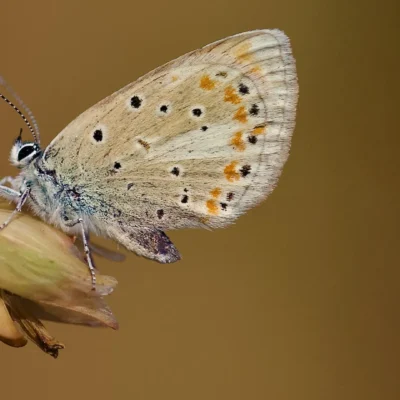
This tiny butterfly has the most chromosomes of any animal on Earth
- By Neclink.com
- . September 30, 2025
The Atlas blue butterfly, also known as Polyommatus atlantica, has been genetically confirmed as having the highest number of chromosomes out of all multicellular animals
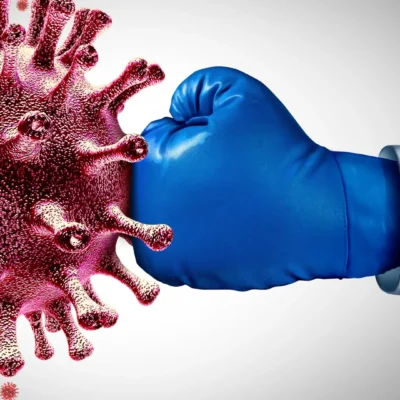
Doctors tested a common drug on COVID. The results are stunning
- By Neclink.com
- . September 29, 2025
A widely available and affordable drug has been shown to be effective in treating seriously ill COVID-19 patients, according to a new international study led

Autism may be the price of human intelligence
- By Neclink.com
- . September 28, 2025
A new paper in Molecular Biology and Evolution, published by Oxford University Press, finds that the relatively high rate of Autism-spectrum disorders in humans is
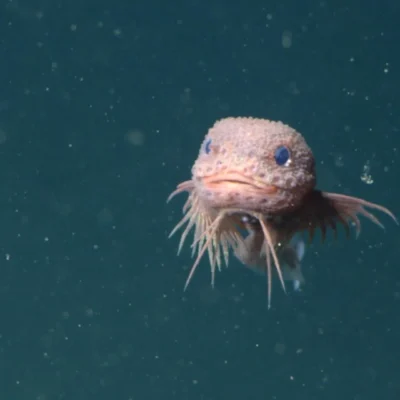
A pink bumpy snailfish was just discovered miles beneath the ocean
- By Neclink.com
- . September 27, 2025
The bumpy snailfish is one of three new species of deep-sea snailfish described by MBARI collaborators at SUNY Geneseo. MBARI’s advanced underwater technology is revealing

The surprising new particle that could finally explain dark matter
- By Neclink.com
- . September 26, 2025
Dark Matter remains one of the biggest mysteries in fundamental physics. Many theoretical proposals (axions, WIMPs) and 40 years of extensive experimental search failed to
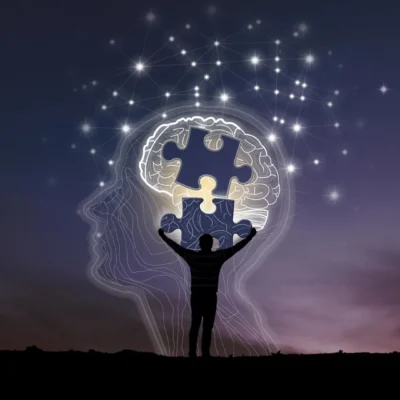
Brain fat, not just plaques, may be the hidden driver of Alzheimer’s
- By Neclink.com
- . September 25, 2025
It was long thought that fat in the brain played no role in neurodegenerative diseases, but Purdue University researchers are challenging that assumption. The research
